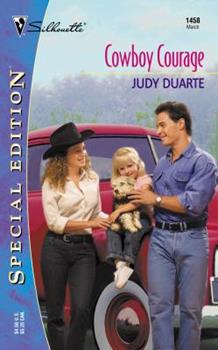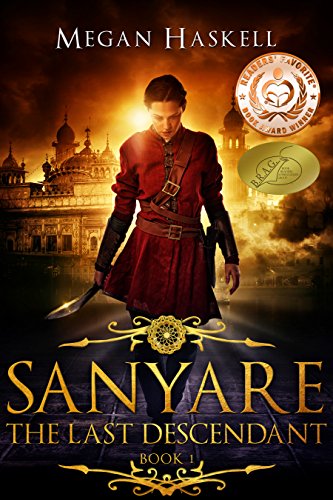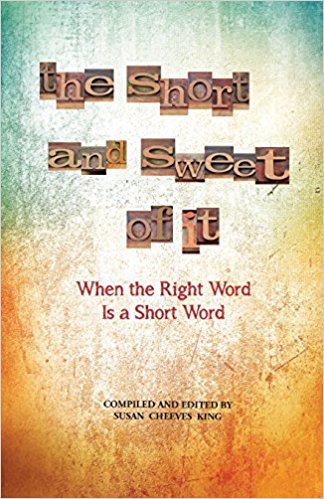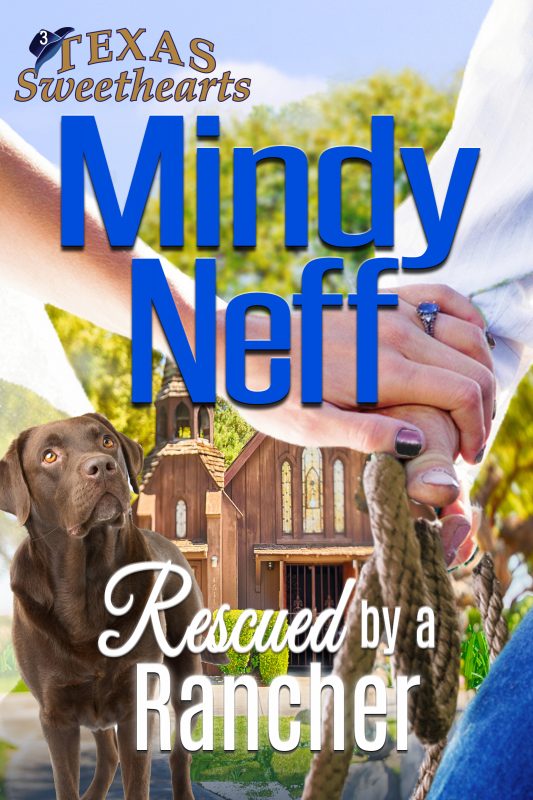
Words are a writer’s ingredients. We love words – obscure words, descriptive or emotional words, those sets that make up the language of a specialty. Creating a passage of the perfect words hits the poetic, emotional and dramatic sweet spot — it’s more satisfying than a perfectly risen soufflé. Those words are not always based on literal meaning; otherwise Oscar Wilde would never have written: “The curves of your lips rewrite history.”
I have always been taken with the vocabulary of cooking. This is probably because I can’t cook. Maybe I think if I learn that vocabulary I can wield it like an incantation and my split pea soup will magically look less frightening, smell inviting and even taste good. It hasn’t worked but culinary terms, as a set of words, continue to surprise me — they’re just so aggressive.
Macerate, whip, beat, truss, pulverize, grind, batter, beat, scald. Whoa! All this to get something beautiful, delicious and nutritious? It works for most cooks. No matter how I slice or dice, shred, mince or mash, it seldom works for me. Must be in how you understand the terms and in nuance of use. Culinary terms work just as well to describe a cage fight as they do with a recipe for Angel Food cake.
Jared didn’t blanch facing the mountain that was Killdeer Kilze. He’d whip this fight up – he had to – the kids hadn’t eaten in two days. Time to mince this guy and reduce his essence. Zest infused Jared’s system, juicing his blood as he minced the mountain’s nose with one lethal chop, shred his kneecap with another. Scalded by the roar of the drunken crowd he beat at the massive chest, macerating the ribs. Sliced, diced and filleted to perfection, Killdeer Kilze lay trussed like the appetizer he was. The kids would dine well tonight.
Cooking is a gentle, homey pursuit – though some of those chef shows can be down right bloody so maybe it’s the competitive aspect that accounts for the aggressive feel. These words aren’t really homonyms. They sound alike and are spelled alike but they don’t have different meanings. The difference is in the sense of the meaning.
Linguists and other learned folk call this fine distinction, Polysemy. It’s the distinction that good writers always make. It’s part of why poetry can rock your world. Seeking just the right words with just the right nuance can make a love scene monumental rather than simply sweet, or enfold the reader in the sight, smell and sound of a setting. It’s the choice and use of the right words that makes a story linger in the reader’s heart — something every writer wants.
I do wonder how our language developed to make this particular set of words work for such opposing concepts. Is there a conflicted warrior inside every woman? I don’t know but if I dig far enough I’m sure theories abound. And while I ponder this conundrum I do it…again. I fritter my time away on obscure concepts and my carefully mixed cornbread hits the cooling rack and bounces. It sounds like a hollow rock. Clearly, it takes more than knowing the right language to make a great cook. But it is knowing the right nuanced words that makes a great book.
Jenny
- Author Bio
- Recent Posts
- The Extra Squeeze
- Contact Jenny
-
February 19, 2022
Writers have always given us more than just great entertainment. Throughout the ages storytellers have had a major impact on society.
-
January 19, 2022
A long-term client has an eight-year-old granddaughter who wants to be a writer “just like Grandma”. My client asked me to give this young aspirant some advice about writing.
-
October 19, 2021
I’d love to hear your humorous book suggestions. I’d especially like to read a romance that will make me laugh and sigh with satisfaction.
-
September 19, 2021
We’re so lucky. The English language is like play dough.
Oh yes, we have strict rules of grammar, tense, POV, all the way to the minutia of intransitive verbs.
-
August 19, 2021
This character, Tall T Reynolds, is growing in my mind. I can see him tanned and raw and a bit dusty. I know his world is the 1940’s rural west and I know he’s going to briefly meet Lottie, a beautiful girl in a gleaming open topped coupe. Their brief exchange will never leave his mind. Soon after, Tall T will go off to war in Europe. He and Lottie will meet again in a most unexpected way.

Related
Affiliate Links
A Slice of Orange is an affiliate with some of the booksellers listed on this website, including Barnes & Nobel, Books A Million, iBooks, Kobo, and Smashwords. This means A Slice of Orange may earn a small advertising fee from sales made through the links used on this website. There are reminders of these affiliate links on the pages for individual books.
Search A Slice of Orange
Find a Column
Archives
Featured Books
SANYARE: THE LAST DESCENDANT
A woman torn between honor and survival…
More info →THE SHORT & SWEET OF IT: When the Right Word Is a Short Word
How do we say more with less? Can short, simple words make what we write so clear that the reader gets it? Or will it remind them of reading a child’s board book?
More info →RESCUED BY A RANCHER
What Happens When A Texas Sweetheart Is Born With A Silver Spoon? She Stirs Up Trouble In Hope Valley!
More info →Newsletter
Contributing Authors
Search A Slice of Orange
Find a Column
Archives
Authors in the Bookstore
- A. E. Decker
- A. J. Scudiere
- A.J. Sidransky
- Abby Collette
- Alanna Lucus
- Albert Marrin
- Alice Duncan
- Alina K. Field
- Alison Green Myers
- Andi Lawrencovna
- Andrew C Raiford
- Angela Pryce
- Aviva Vaughn
- Barbara Ankrum
- Bethlehem Writers Group, LLC
- Carol L. Wright
- Celeste Barclay
- Christina Alexandra
- Christopher D. Ochs
- Claire Davon
- Claire Naden
- Courtnee Turner Hoyle
- Courtney Annicchiarico
- D. Lieber
- Daniel V. Meier Jr.
- Debra Dixon
- Debra H. Goldstein
- Debra Holland
- Dee Ann Palmer
- Denise M. Colby
- Diane Benefiel
- Diane Sismour
- Dianna Sinovic
- DT Krippene
- E.B. Dawson
- Emilie Dallaire
- Emily Brightwell
- Emily PW Murphy
- Fae Rowen
- Faith L. Justice
- Frances Amati
- Geralyn Corcillo
- Glynnis Campbell
- Greg Jolley
- H. O. Charles
- Jaclyn Roché
- Jacqueline Diamond
- Janet Lynn and Will Zeilinger
- Jaya Mehta
- Jeannine Atkins
- Jeff Baird
- Jenna Barwin
- Jenne Kern
- Jennifer D. Bokal
- Jennifer Lyon
- Jerome W. McFadden
- Jill Piscitello
- Jina Bacarr
- Jo A. Hiestand
- Jodi Bogert
- Jolina Petersheim
- Jonathan Maberry
- Joy Allyson
- Judy Duarte
- Justin Murphy
- Justine Davis
- Kat Martin
- Kidd Wadsworth
- Kitty Bucholtz
- Kristy Tate
- Larry Deibert
- Larry Hamilton
- Laura Drake
- Laurie Stevens
- Leslie Knowles
- Li-Ying Lundquist
- Linda Carroll-Bradd
- Linda Lappin
- Linda McLaughlin
- Linda O. Johnston
- Lisa Preston
- Lolo Paige
- Loran Holt
- Lynette M. Burrows
- Lyssa Kay Adams
- Madeline Ash
- Margarita Engle
- Marguerite Quantaine
- Marianne H. Donley
- Mary Castillo
- Maureen Klovers
- Megan Haskell
- Melanie Waterbury
- Melisa Rivero
- Melissa Chambers
- Melodie Winawer
- Meriam Wilhelm
- Mikel J. Wilson
- Mindy Neff
- Monica McCabe
- Nancy Brashear
- Neetu Malik
- Nikki Prince
- Once Upon Anthologies
- Paula Gail Benson
- Penny Reid
- Peter Barbour
- Priscilla Oliveras
- R. H. Kohno
- Rachel Hailey
- Ralph Hieb
- Ramcy Diek
- Ransom Stephens
- Rebecca Forster
- Renae Wrich
- Roxy Matthews
- Ryder Hunte Clancy
- Sally Paradysz
- Sheila Colón-Bagley
- Simone de Muñoz
- Sophie Barnes
- Susan Kaye Quinn
- Susan Lynn Meyer
- Susan Squires
- T. D. Fox
- Tara C. Allred
- Tara Lain
- Tari Lynn Jewett
- Terri Osburn
- Tracy Reed
- Vera Jane Cook
- Vicki Crum
- Writing Something Romantic
Affiliate Links
A Slice of Orange is an affiliate with some of the booksellers listed on this website, including Barnes & Nobel, Books A Million, iBooks, Kobo, and Smashwords. This means A Slice of Orange may earn a small advertising fee from sales made through the links used on this website. There are reminders of these affiliate links on the pages for individual books.












































Loved your post, Jenny! Seems like we both have ‘cooking’ on our minds these days. I especially liked, “It’s the choice and use of the right words that makes a story linger in the reader’s heart — something every writer wants.” And, “But it is knowing the right nuanced words that makes a great book.” Thanks for this continued reminder of how to improve our writing.
Clearly, great minds think alike!
Thank you Veronica and Marianne. I like to think that Veronica and I are on the same wave, but I know she’s the better cook!